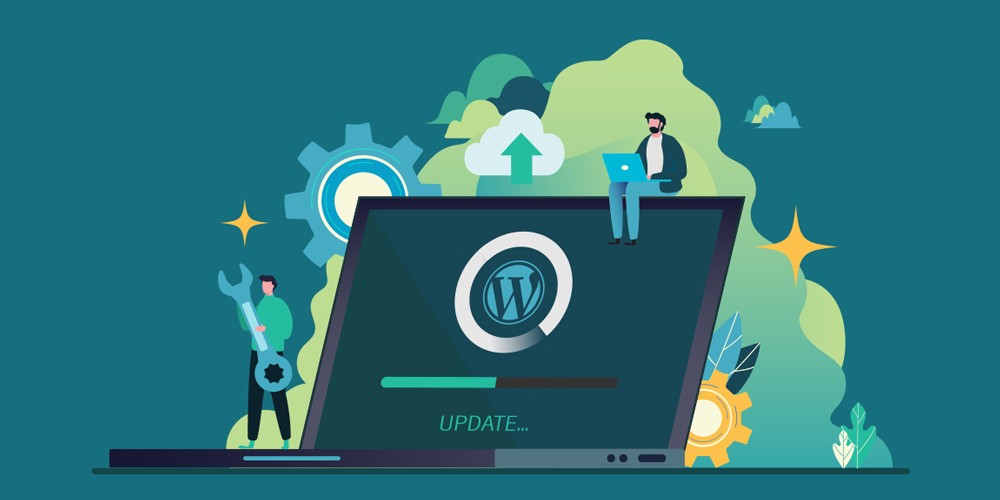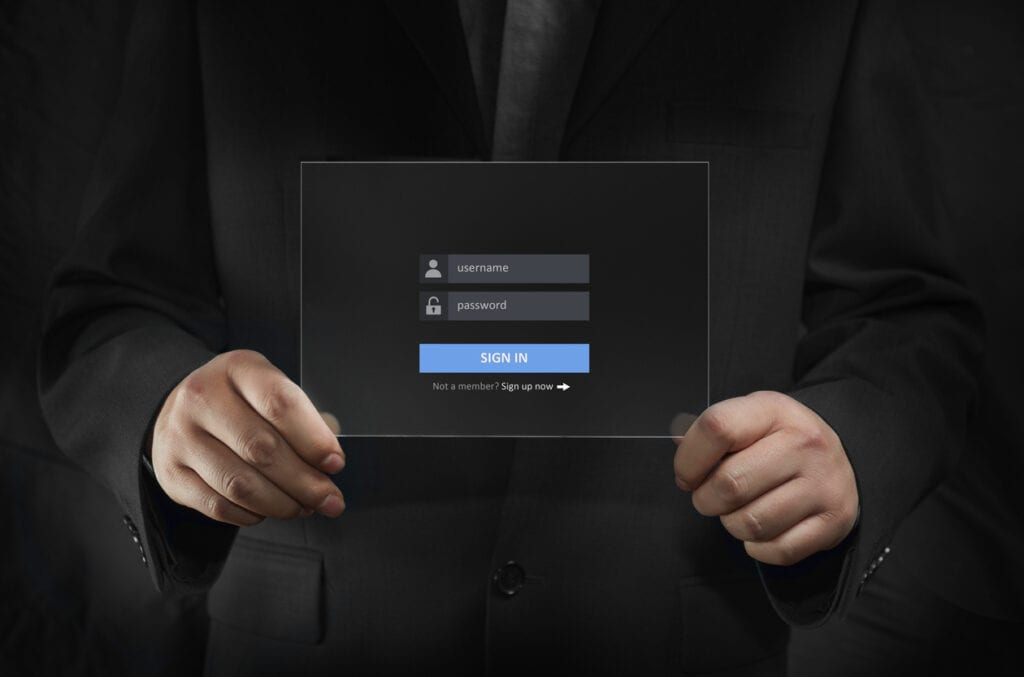10 Easy Ways to Improve Your Website Security – 2024 Guide

Building a website now has become much easier than ever before. How? The answer is; Content Management System or CMS such as Joomla and WordPress. These platforms make creating a website an absolute breeze. But you need to make sure to have a decent internet connection so you may complete the process without any hassles. If you are subscribed to an ISP that fails to provide you a solid connection then it’s time to make a switch. You can visit here to know about different providers.
Considering how simple it is to start an online business, there is no surprise that the number of websites has increased by several folds. However, many people tend to forget about securing them. And this is where they go wrong. You see, if you can’t take steps to improve your website security, then people will not trust your brand no matter how much effort you put into it. Your customers should have peace of mind whenever they provide you sensitive information such as credit card information. If you can’t provide that then your business might never take off.
Website Security: A Major Concern
During the last few years, a lot of eCommerce websites were hacked. This led to the customer data (personal information, credit card details, and credentials) being compromised. The scary thing is that the number of online attacks is increasing at a rapid pace. This news is nothing less than a nightmare for those who do business online. After all, these attacks pose a major threat to those who earn their bread and butter from their websites. It is a scary situation. But instead of being fearful about it, you should bounce back and think about taking some steps to prevent your business from being hacked. After all, what will getting worried bring you, nothing! So, it’s time for you to take action.
5 Ways to Improve Your Website Security
There are a lot of ways that can help you stop a hacker in its path, letting you protect your website from malicious attacks. What are they? Well, read on to find out!
#1. Update Your Software

In recent times, many people have been relying on frameworks like WordPress, OS Commerce, Drupal, and Magento to build their websites. After all, these platforms will enable you to build a highly responsive and effective site. But while using them, it is strongly advised that you use their latest versions. And if you have already created a website then make sure that you update it as soon as a new patch becomes available. This is necessary because those websites that are using the old version of such platforms can easily be hacked. You should also consider using web application software as it will protect your website like a virtual patch.
#2. Choose Complex Passwords
While using a CMS platform, it is important for you to create a complex password so that no one can access it. If your password is easy to guess then you can expect your website to get hacked. So, how to make sure that your password is strong enough? Well, for starters, make sure that you create a password that is as complex as it can be. You can do so by using capital letters, special characters, and numerical in your password. Now, many of you will be wondering how to remember these unique passwords? The answer to this is password manager! There are different tools that you can use to remember your passwords such as KeePass and LastPass.
#3. Encrypt Your Login Pages

You can think of this as a follow-up to the previous point. While creating complex passwords is useful, you should also encrypt your login pages. You can use SSL encryption which will allow sensitive information such as login credentials, social security numbers, and credit card numbers to be transmitted easily and securely. The information entered on the page will be encrypted, making it useless to anyone who might try to intercept it. This is a powerful way of preventing hackers from getting access to your valuable information.
#4. Backup Your Data
Not many people pay attention to this which is why it has made the list to remind you just how important it is for you to back up your site frequently. Why? Well, imagine if your site becomes inaccessible or your data is lost. What will you do then? If you have stored a backup of your website files, you wouldn’t be worried so much now, would you? This is why it is so essential for you to keep this point in mind. There are some content management programs that use extensions and plugins to back up your site automatically. Also, it will be a good idea if you back up your content and databases manually.
#5. Scan Your Website for Vulnerabilities

You should always scan your website often. This will let you know about the vulnerabilities first before hackers do who can then use it to attack your site. You should perform web security scans on a fixed schedule especially after you have made changes to the website. There are also some free tools available on the internet that can help you figure out how secure your website really is.
However, keep in mind that these tools will not be able to recognize all the security flaws of your website. You can also let a professional conduct a security scan on your site as they will be able to give you an in-depth analysis of how well your site is performing and if there are any vulnerabilities, they will give you an explanation about why they exist.
Conclusion
As a business owner, you can’t just let your website run on autopilot. You will need to monitor it thoroughly and should take every step necessary to ensure that it stays secure from online threats. While website creation may have become a piece of cake, it doesn’t change the fact that security maintenance is necessary. You can always consider the above-mentioned tips that will aid you in protecting your business and customer’s data.




